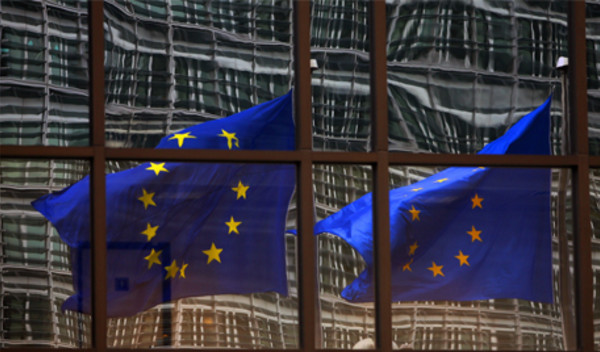

A new year has meant a fresh approach to global investing, says Premier Global Alpha Growth manager Jake Robbins, who has rotated his fund’s country exposures.
Mr Robbins has claimed his positive bet on the US and his cautious stance towards the eurozone served him well last year, but he had now switched those positions around.
The manager had his largest position in the US at the end of September last year – when it made up 56 per cent of his portfolio – compared with the Investment Association (IA) Global sector average, which was 49.5 per cent at that time.
He said he had since reduced this holding in the country to 47.5 per cent, while the average fund in the sector now held 51.5 per cent.
Mr Robbins has been using the money raised from selling US equities to hike his allocation to the eurozone. He had his lowest weighting to the region in August 2014 at 4.5 per cent, while the sector had 12.5 per cent. The fund now has 17 per cent invested in the eurozone compared with the sector average of 12 per cent.
“With the probability of rising interest rates and a strong dollar, the earnings outlook for US companies is not as strong as it appeared last year,” he said.
“Conversely, after a year of significant underperformance, Europe offers relatively attractive valuations. Extremely loose monetary policy is likely to be supportive to markets and the weak euro is a boost to exporters’ earnings.”
At the end of January, a €1.1trn (£800bn) quantitative easing programme was unveiled by the European Central Bank, which has committed to pumping money into the system until at least September 2016.
“The market is focusing on monetary easing around the world and that’s what is driving the industry up at present,” Mr Robbins said.
However, in spite of the boost given to the eurozone by quantitative easing, there are still a number of political headwinds, such as Greece potentially defaulting on its debt and leaving the eurozone and the growing tension between Ukraine and Russia.
However, recent data has shown the economic outlook for the region looks to be improving, with the eurozone growing by more than expected in the final quarter of last year, at 0.3 per cent.
Two of Mr Robbins’s top-performing stocks in January were European, benefiting from the record-low interest rates in the region. These were Portuguese national postal service CTT and its Belgian peer, Bpost.
Although he has dumped some of his US stocks as the markets have rallied, there are some areas of the market that he still finds attractive.
The Global Alpha Growth fund delivered 21 per cent in the year to the end of January, compared with the IA Global sector’s return of just 7.4 per cent.



